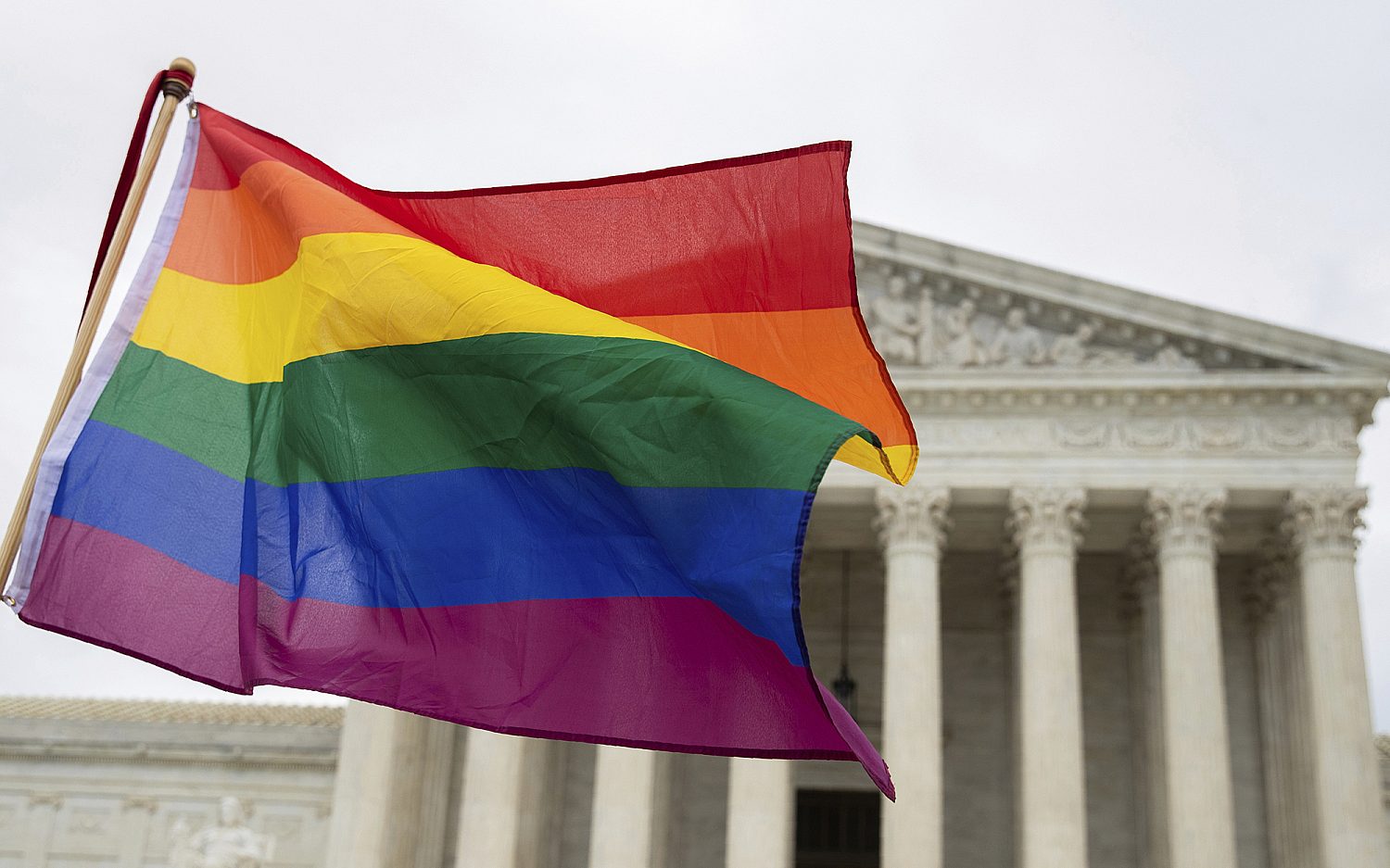Losing more ground
The pro-family referenda winning-streak ended on Election Day, which could lead to more attacks on religious liberty
The 32-state winning streak for pro-family state referenda ended on Nov. 6. By narrow margins, voters in Maryland and Washington approved legislation legalizing same-sex “marriage,” voters in Maine legalized a voter initiative, and Minnesotans rejected a constitutional amendment to define marriage as the union of one man and one woman.
The laws go into effect in December and January, and observers predict a flurry of weddings and more attacks on religious liberty.
In the three states that just approved new laws, nearly 18,000 same-sex couples will exchange vows in the first three years, estimated The Williams Institute, a national think tank at the UCLA School of Law.
Cindy Sproul co-owns the North Carolina-based Rainbow Wedding Network, which produces gay and lesbian “wedding” expos in Seattle and other cities. Just since the election, Sproul has seen a 30 to 40 percent increase in companies wanting to advertise with the network in Washington state.
“There are a lot of couples that will cross state lines to get married,” she said. “Maybe they want to make a long weekend of it.”
Religious freedom advocates expect more attacks on religious liberty as homosexual activists sue churches and businesses for refusing to accommodate their “wedding” plans. Austin Nimocks, senior counsel for Alliance Defending Freedom (ADF), said that the number of such cases has risen dramatically since 2003, when the Massachusetts Supreme Judicial Court redefined marriage in that state. He expects the number to continue to rise.
Nimocks also believes that the election results could lead to increased attempts to expand protections for “sexual liberty.” Canada legalized same-sex “marriage” in 2005, and by 2010 there were attempts to legalize polygamy, he pointed out.
In Canada, once gay “marriage” was legalized nationally, public debate dropped off. Link Byfield, an Edmonton, Alberta-based journalist, noted that in 1998 almost every Member of Parliament voted for federal legislation defining marriage as heterosexual. But after seven years of pressure from homosexual activists, a Liberal Party government (Liberals in Canada are roughly equivalent to Democrats in the United States) legalized same-sex “marriage” and social conservatives “pretty much gave up on it,” Byfield said.
There are still occasional skirmishes in Canada over religious liberty. Sometimes a civil marriage commissioner will refuse to marry a homosexual couple, or activists will try to force private schools to adopt pro-homosexual curricula, but “it’s not really where gays are putting their political attention,” Byfield said.
Pro-family advocates in the United States don't believe this country is that far along. On Nov. 9 the National Organization for Marriage (NOM) released an Election Day survey showing that 60 percent of voters nationally still favor marriage as the union of one man and one woman.
“The outcome of the marriage votes in four very liberal states has caused some to speculate as to whether the American people have changed their views on marriage,” said Brian Brown, NOM’s president. “This scientific poll shows that the answer to that is, no, they have not changed.” He added that preserving marriage is “a winning issue in America.”
But marriage was eroding long before the last election, in Canada and the United States, according to Byfield: “I don’t think gay marriage would have been possible had post-Christian North American society not changed its basic conception of marriage from procreative to companionate back in the ’60s, and had the churches not caved on divorce and artificial contraception before that.”
Byfield, a Catholic, added that “the institution inevitably became mainly sentimental, and gay marriage is just the latest reflection of how legally and spiritually meaningless it is.”
The ADF’s Nimocks wouldn’t go that far, but he is concerned that “people of faith in America have been completely fatigued over marriage for several decades.” Nimocks added that they need to push back against divorce and the notion that marriage can be temporary, making their own marriages an example for the culture.
“At some point in time I certainly hope that the Church will find God’s first institution worthy of defense,” he said. “If we want to see marriage treated with reverence in law, we need to start treating marriage with reverence in our lives.”
The Associated Press contributed to this report.
An actual newsletter worth subscribing to instead of just a collection of links. —Adam
Sign up to receive The Sift email newsletter each weekday morning for the latest headlines from WORLD’s breaking news team.





Please wait while we load the latest comments...
Comments
Please register, subscribe, or log in to comment on this article.